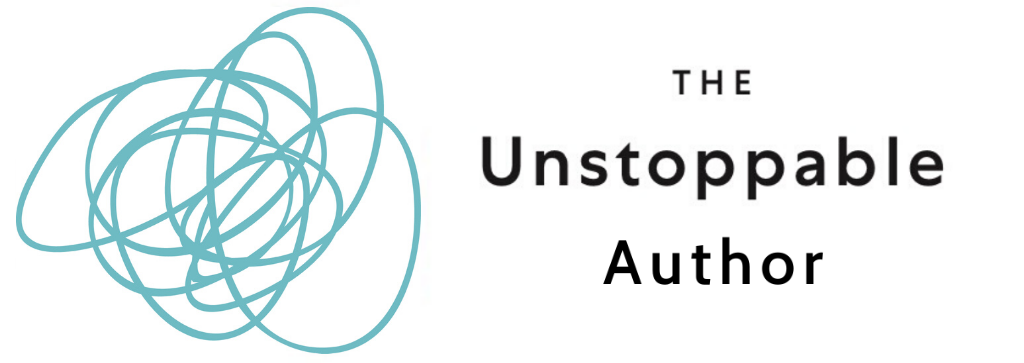Often, when I come to my work in progress, I catch myself experiencing a feeling of immense impatience and dissatisfaction.
Why is this novel not written already!?
This occurs whether I am on chapter two or chapter fifty two so I think we can safely assume this is a me problem. (Though I’m pretty sure I am not the only one who does this.)
Writing a novel is the product of a thousand tiny steps, many small actions that culminate in a large and complex creation. The issue is when we come to the next small step and expect to feel the pride and success of that big magnificent piece of work. We won’t. We are the architect-house-builder staring at the next brick. We can’t really see how far we have come – and we despair when we think about how far we have to go. We know that this one brick we lay today won’t get that mansion built tomorrow and so we might begin to wonder – what is the point in laying this brick at all?
But of course, if we don’t lay the brick we will never have the house.
I believe that, to stay sane and happy as writers, we have to learn to love the bricks. We have to reward ourselves for every brick laid. We have to attach our celebrations, our sense of achievement, to the bricks laid, and not the house and however celebrated and beautiful and life changing we hope the house will be. We have to remember to enjoy the process because this is writing. This is what you want to do!
I’ll go further. When I say brick, I don’t mean a chapter, or 1500 words, or even necessarily any amount of words. A brick is whatever you have decided a brick is.
According to the rules I have made for myself and which you are welcome to use, they can be anything, but they MUST also be the following –
Controllable – As in, it is something that can be achieved and is within your power. So, I will sit with my story for 1 hour today with no distractions. NOT, I will write a brilliant chapter today. Sometimes your writing will be terrible, sometimes and despite your best intentions, it simply won’t happen at all. Pretty much all you can control is that you sat there and spent time with your story. That’s a brick.
Realistic – So often what I see in aspiring writers is absolutely unrealistic goals that are dependent on them living a totally different life to the one they have. Be completely transparent with yourself about who you are, and what your life demands of you. Don’t aim for a morning writing session before work when you struggle to get up on time as it is. Don’t think you’ll get weekend time if that time is regularly co-opted by your spouse or kids or your intensive kayaking course. In essence, do not set yourself up for failure or a built in excuse. Be honest and realistic with your creative self. Find a time that will work – the time slot and frequency is entirely up to you – and then commit to it. That’s a brick.
Quantifiable – We need to know when we have finished because otherwise how will we celebrate our brick? So, I will sit with my story for 1 hour is better than I will work on my story today. Because – for how long? How will you know when you are done? As writers we long to feel that we have achieved something. Put a limit on it. Make it something that you can tick a box say say, DONE! That’s a brick.
Easy to achieve – We are all different when it comes to how much we can write. But after years of experimenting, I can say that, for myself, shorter time span is better. I can write for maybe two hours max before I’ve drained the good stuff. What happens after that is I start to undo the good work and begin to feel negative about the story I was so excited about when I started that morning. My energy has gone and writing in low, bad energy doesn’t help me or the work. Set a goal that is easy to achieve even on the worst day so you don’t get disheartened. And perhaps give yourself the room do to more, but ONLY if you are in the zone. So, “I will write 500 words a day”. You may be thinking, Pah, 500 words, what good is that? But 500 words every day for a year will get you further than 2000 words a day for two weeks until you have a bad day, skip your writing practice completely and then months go by and you haven’t got back to it. A small achievable goal is a kind and compassionate way of creating. It’s gentle, it’s sustainable and, like the tortoise and the hare, it’ll get you past the finish line in a slower but more steady fashion. Plodding, essentially. That’s a brick.
Overall, this is just a reminder that we can learn to love, cherish and enjoy the bricks. These are, after all, what your novel, and your writing life, are built from.

